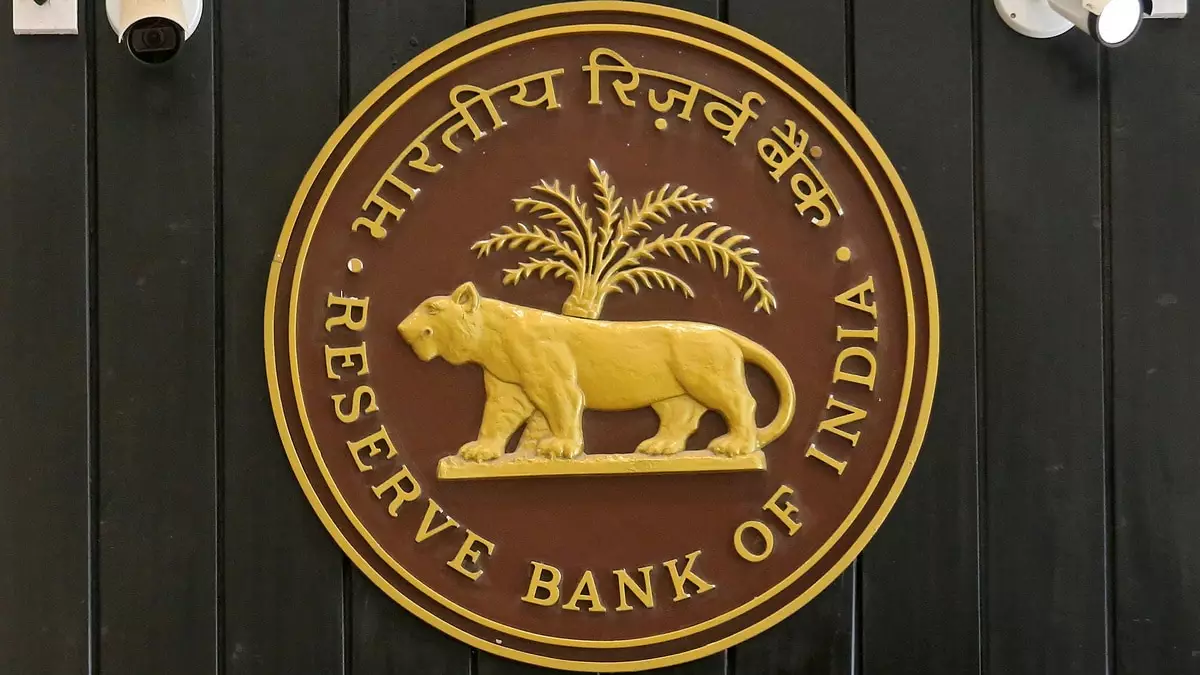The Reserve Bank of India (RBI) has set ambitious goals for expanding the global reach of the Unified Payments Interface (UPI) and RuPay cards. According to the RBI Annual report, the central bank, in collaboration with NPCI International Payments Ltd (NIPL), aims to take UPI to 20 countries by the fiscal year 2028-29. This initiative is in line with the vision of Viksit Bharat 2047, emphasizing the importance of leveraging digital payment systems on a global scale.
The RBI report highlights the exploration of partnerships with the Fast Payment System (FPS) of countries such as the European Union and the South Asian Association for Regional Cooperation (SAARC). Additionally, multilateral linkages are being considered to enhance interoperability and facilitate seamless cross-border transactions. The Payments Vision Document 2025 underscores the significance of expanding the international footprint of UPI and RuPay cards.
In recent years, the RBI has been actively engaging with central banks of various countries to establish collaborative arrangements for payment infrastructure interlinkages. Notably, the memorandum of understanding (MoU) signed between the Reserve Bank and the Central Bank of the UAE (CBUAE) paved the way for linking their respective payment systems. This collaboration includes connecting India’s UPI with UAE’s Instant Payment Platform (IPP) called Aani, along with integrating RuPay and UAESWITCH card switches.
The launch of UPI connectivity between India and countries like Mauritius and Sri Lanka signifies a significant milestone in enhancing cross-border payments and promoting financial inclusion. The collaboration between the Reserve Bank of India and Nepal Rastra Bank is also aimed at exploring the linkage of UPI platforms to facilitate seamless transactions between India and Nepal. Furthermore, partnerships between NPCI International Payments Ltd. (NIPL) and Nepal Clearing House Ltd. (NCHL) reflect ongoing efforts to strengthen cross-border payment infrastructures.
The acceptance of UPI payments through QR codes in countries like France and Nepal demonstrates the growing trend of digital payment systems gaining international recognition. With tie-ups established with seven countries for facilitating payments through UPI, India is taking significant strides towards becoming a global leader in digital transactions.
The expansion of UPI’s global footprints is poised to revolutionize the digital payments landscape and foster greater financial integration across borders. The collaborative efforts between the RBI, NPCI, and various central banks underscore a commitment to driving innovation and promoting inclusive financial systems on a global scale. As UPI continues to gain traction internationally, the future of digital payments looks increasingly promising.



Leave a Reply